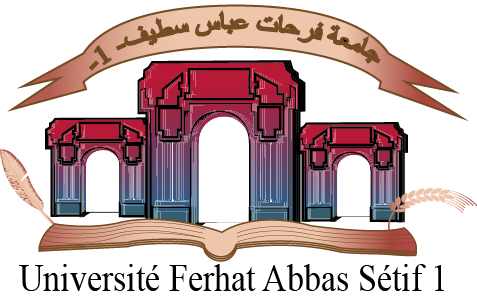Effect Of Irrigation By Treated Wastewater (tww) On A Durum Wheat Crop (triticum Durum Desf.)
Résumé: Our study is conducted on the behavior of a variety of hard wheat (Triticum durum Desf.) Irrigated with two types of water of different origin. The first is from well water and the second is from wastewater from the treatment plant and treated biologically. For each type of irrigation, three uniform plots cultivated on a surface of 1 m², under the same edaphic and climatic conditions (experimental greenhouse). The doses of water are carried out according to the soil moisture content and are identical for the two tests. The results obtained on plants irrigated by treated wastewater (TWW) show a good development compared to plants irrigated by well water, especially the number of tillers per plant, the height of the plants and the length of the cobs. The same results are obtained on yield components concerning: ears / m², TKW, grains / ears and biological yield. The plants irrigated by the treated wastewater have a precocity of emergence, run and heading, due to the heavy load of organic matter (OM). In the soil, irrigation has led, first of all, to enriching the soil with ammonium and nitrate, which explains why wastewater from biological treatment is rich in mineral elements necessary for the growth and development of durum wheat.
Mots-clès:
Publié dans la revue: Agriculture
Nos services universitaires et académiques
Thèses-Algérie vous propose ses divers services d’édition: mise en page, révision, correction, traduction, analyse du plagiat, ainsi que la réalisation des supports graphiques et de présentation (Slideshows).
Obtenez dès à présent et en toute facilité votre devis gratuit et une estimation de la durée de réalisation et bénéficiez d'une qualité de travail irréprochable et d'un temps de livraison imbattable!


